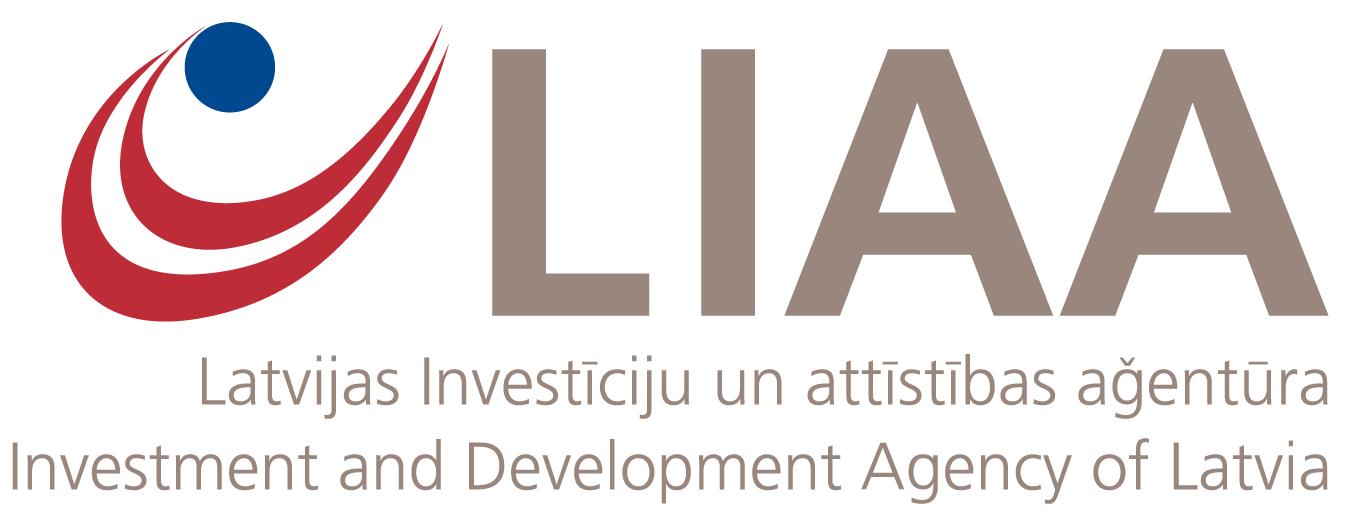

„Wireless sensor network for train integrity control” (INTKO)
Project coordinator: Dr. Kaspars Ozols
Project location: EDI
Period:29.01.2018 – 31.07.2018
Total funding: 27 777,78 EUR, from which 25 000 EUR EU funding.
In this „Wireless sensor network for train integrity control” (INTKO) project, a group of scientists and commercialization experts worked on technical and economic feasibility study (TEFS). In parallel, the winner of procurement “EDI 2018/7”, SIA „Karlson Consulting” performed the development on the commercialization strategy (CS).
During the technical and economic feasibility study, four markets with high potential were identified and analyzed: 1) Train integrity; 2) Object position tracking; 3) Industrial equipment monitoring; 4) Oil and gas line monitoring. Analysis led to conclusion that the pipeline monitoring is main market for this specific technology.
Developments of TEFS included the description of technology and the identification of the possible use cases, risk analysis, technological challenges, market research and market entry strategy, economic justification for the next 5 years, selling of technology and revenue estimation, formation of spin-off and key assumptions, and intellectual property rights.
The commercialization strategy focuses on the steps of technological evolution and commercialization, which are: 1) Software improvements and possible sensor add-ons; 2) supplementing the technology with radio communication solutions; 3) Energy use and energy efficiency improvement; 4) Testing the technology and prototype in real environment; 5) Establishing contacts with stakeholders and getting feedback; 6) Assurance of intellectual property rights.
Oil and gas pipeline monitoring is the most promising market, since the technology possesses all the necessary properties to precisely measure vibrations in metal and plastic pipelines. In turn, it allows evaluating any fluctuations in a pipeline’s liquid flow, and detecting any discrepancies due to faults, leaks, thievery or other causes.
The results of the experiments were promising, allowing the scientists to determine the moment, intensity and location of the vibration made at 100m range, thus reaching the TRL5 level.
The team carried out interviews with potential end users of the technology – major industry players in Latvia that manage their own pipelines, and the feedback received was very positive.
After carrying out extensive economic justification analysis, it can be concluded that the technology has a high potential of commercialization, as the benefits gained will be greater than the investment made.